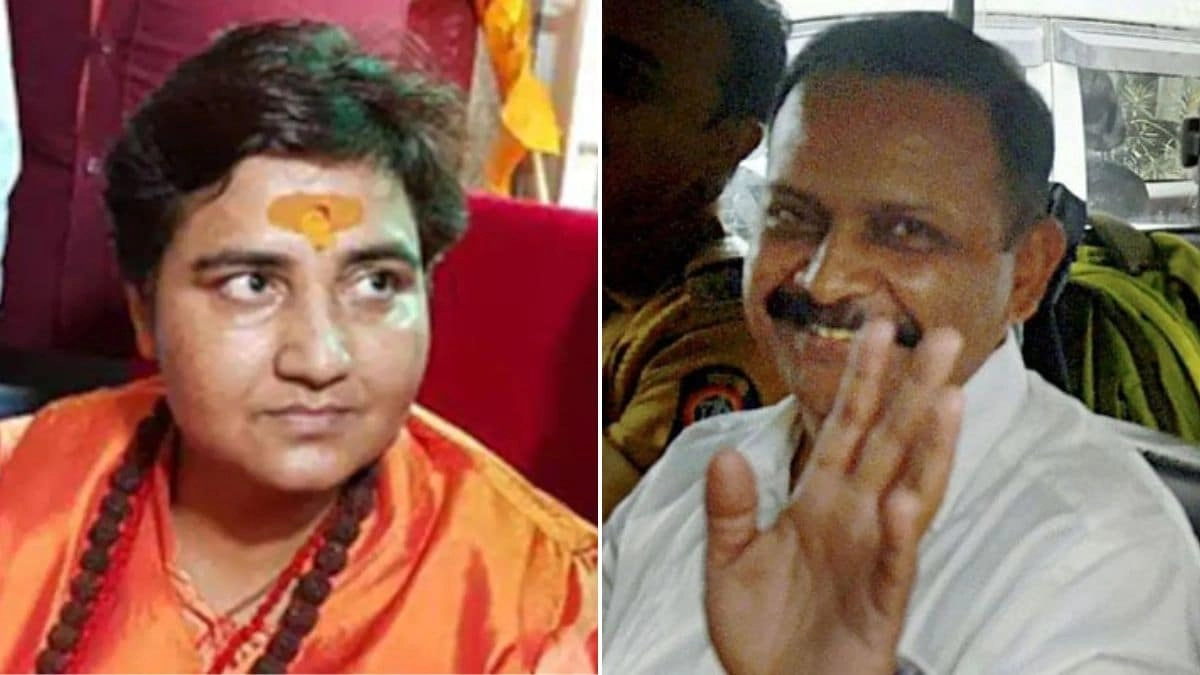In a recent interview with NDTV, renowned lawyer Mahesh Jethmalani revisited his earlier statements concerning the Malegaon verdict, which has been a focal point of legal and political discussions in India. Jethmalani emphasized that he had expressed his views on the matter back in 2009, long before the current verdict was announced. His foresight regarding the complexities of the case shows his deep understanding of the intricate legal landscape surrounding the Malegaon blasts, which occurred in 2006. The case has been contentious, involving issues of terrorism, communal tensions, and the judicial process.
Jethmalani articulated his concerns about the legal proceedings and the implications of the verdict, highlighting the importance of justice and the rule of law. He argued that the judicial system must remain impartial and should not be influenced by external factors or public sentiment. The Malegaon case has seen various twists and turns over the years, with numerous individuals being implicated and acquitted, raising questions about the efficacy of the investigative processes and the robustness of the evidence presented in court.
Reflecting on the societal impact of such verdicts, Jethmalani lamented that justice delayed is justice denied. He pointed out that the protracted nature of the trials can lead to a loss of faith in the judicial system among the public. As a legal expert, he called for reforms to expedite the judicial process and ensure that justice is served swiftly and fairly. His comments resonate with a broader discourse in India about the need for judicial reforms and the balancing act required to maintain public confidence in legal institutions.
Ultimately, Mahesh Jethmalani’s reflections on the Malegaon verdict serve as a reminder of the ongoing struggles within the Indian legal system. His assertive stance underscores the need for vigilance in upholding democratic values and protecting the rights of individuals accused in high-profile cases. As discussions around the Malegaon verdict continue, it is crucial for legal experts, policymakers, and the public to engage in meaningful dialogue about the implications of such cases on society as a whole.




